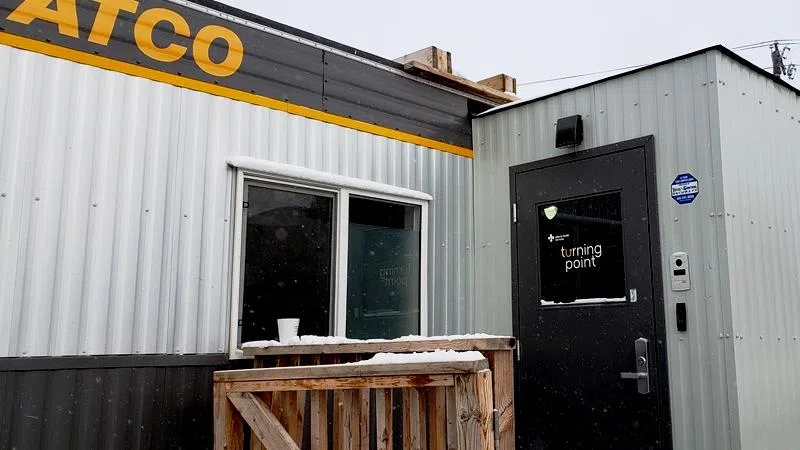
Premier’s comments spark concern over future of supervised consumption services in Red Deer
The executive director of Turning Point, which operates Red Deer’s temporary Overdose Prevention Site (OPS), says she is disappointed to hear Premier Jason Kenney say the government may close or relocate supervised consumption sites in Alberta.
“More and more data confirms that the NDP drug sites have hit local communities with an increase in crime and anti-social behaviour,” Kenney said in a tweet on Wednesday. “We can’t ignore the social and economic impact.”
Stacey Carmichael with Turning Point says it’s especially disappointing to see these comments given the evidence that supervised consumption services are saving lives and increasing pathways to detoxification, treatment, and housing.
“I’m not necessarily surprised, but it’s quite vague at this time on what their plans are, so I’m not sure exactly how that’s going to impact Red Deer,” she notes.
